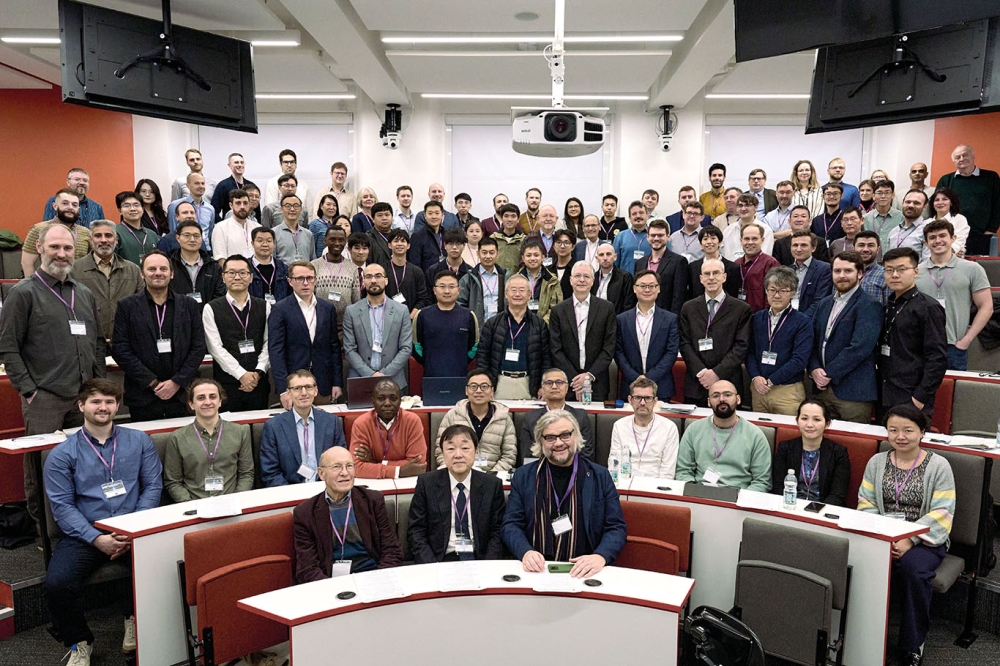IBM expands European future logic effort
Computing giant IBM has enlisted two additional European countries to support its hunt for a successor to today s dominant silicon semiconductor technology.
![]()
The Polish and Bulgarian governments have both signed on to collaborate on the nanotechnological research agenda established by the IBM Zurich Research Laboratory.
In late May, IBM agreed to help Bulgaria set up a nanotechnology centre that will conduct applied research on “advanced virtual substrates for compound semiconductors”.
Although the center s research specialties will not be confirmed until it is built in one to two years time, IBM s post-silicon CMOS logic plans currently focus on one-dimensional semiconductor nanowires.
“Once created, the Bulgarian Nanotechnology Center will rely on the combined potential of the industry, Bulgarian universities and the Bulgarian Academy of Science,” the company said.
“Bulgarian scientists will be in touch with talented students and via virtual teams will work together on complex scientific projects which can be applied in industry, business, or the consumer space.”
Located in Sofia and Botevgrad, the center will include almost 500 m2 of clean room space that will be equipped according to the needs of the specific projects. Lithography, deposition, etching and characterization tools will provide the basic capabilities necessary for the kind of research that will be performed.
In the same week in May, IBM agreed that its research scientists would support nanotechnology research in Poland at the Wroclaw Research Center, European Institute of Technology Plus (WRC EIT+).
IBM and WRC EIT+ are now discussing several collaborative projects, while IBM will also provide training and consulting services.
IBM s Zurich operation is already acting in a pivotal role in the DUALLOGIC European III-V-silicon integration project, alongside teams from Greece, France, Belgium, Germany and the UK.
Construction work is currently ongoing on an a dedicated nanotechnology research facility on its Swiss campus as part of a $90 million, multi-year collaboration with leading university ETH Zurich.
“Use of novel materials and one-dimensional device concepts, innovative device architectures and smart integration schemes need to be explored and assessed,” IBM told compoundsemiconductor.net.
“They are crucial to extending current capabilities and maintaining momentum beyond the end of the technology roadmap timeframe.”































